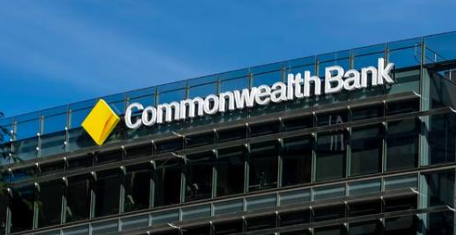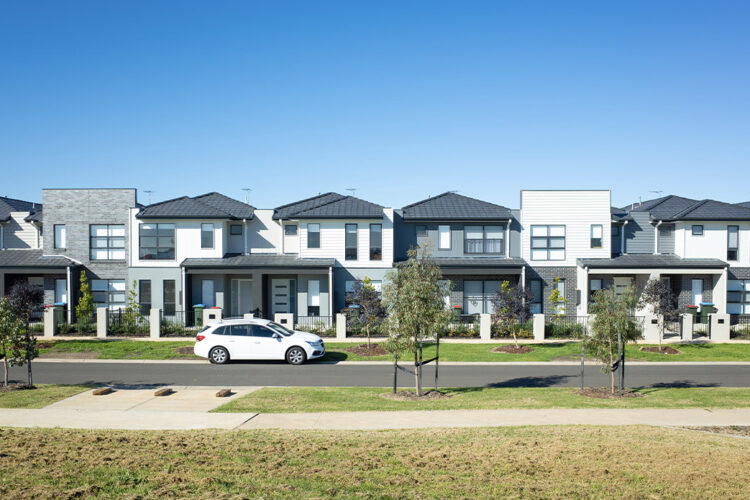While the uncertainty stemming from rate hikes has sidelined aspiring home buyers and property investors, an expert provides insights into how the market will shape up once the dust settles in six months.
In the ever-changing landscape of the property market, various acronyms have emerged to capture the sentiments of buyers.
From FOMO (fear of missing out) to the more recent FOOP (fear of overpaying), Scott Levoune of Wealth Through Property highlighted that the market has witnessed the rise and fall of different anxieties.
“There are 16,000 markets across Australia, [with the] majority of the suburbs had substantial growth through COVID-19, a lot of buyers over-offered and overpaid for property, especially across Sydney and Melbourne property markets,” he explained.
However, in the current climate, the expert noted a new player has taken centre stage: FOIRH or the fear of interest rate hikes.
“When interest rates started to rise, this directly affected the cost of living in many of these suburbs, resulting in the markets correcting in price to where they should have risen through the times in COVID,” he stated.
Currently, the country’s official cash rate stands at 3.85 percent, its highest level since 2012. This follows a series of 11 rate hikes doled out by the Reserve Bank (RBA) that started in May 2022 to combat surging inflation.
Thanks to the RBA’s rapid rate cycle, mortgage rates have almost doubled while borrowing capacity has been reduced by around 30 per cent.
This is the steepest drop in borrowing capacity on record, and it would normally be associated with a major drop in property values.
Up to February 2023, data from CoreLogic showed national dwelling prices had recorded 11 consecutive months of declines, weighed down by weaker buying sentiment from the rate hikes.
But Mr Levoune noted that the tide may be starting to shift, highlighting that “the trends have started to show signs the Melbourne and Sydney markets have bottomed out, and already started to increase again in value.”
After falling -9.1 per cent between May 2022 and February 2023, Australian housing values look to have bottomed out, posting a second consecutive monthly rise in April.
Notably, the harbour city’s dwelling values increased 1.3 per cent in April, with the property research firm noting the capital is leading the positive turn in housing conditions, with dwelling values rising each month since February.
On that note, Mr Levoune believes that FOIRH will begin to dissipate and will bring forth a “steady return for buyers” who have stood at the sidelines amid the rate hike uncertainty.
“Property buyers are actively returning to the property markets, again which by the end of 2023 will result in a very hungry property market again, leading to substantial growth through 2024,” he stated.
But he acknowledged the storm is not fully over yet, noting the RBA will only consider lowering interest rates once they observe certain trends.
“The central bank will not drop interest rates until they can see trends that [indicate] dropping interest rates won’t have an effect on slowing the drop of inflation back to their 2 to 3 per cent target mark,” he stated.
Although the majority of banks and economists are forecasting the RBA will begin winding back its rate hikes this year, Mr Levoune said, “We need to remember how many times they have been wrong and their advice is to be taken with a grain of salt.
“While you should also have considerations for their advice, you should be getting in the market based on your own circumstances and not trying to actively time the market,” he said.
In addition, he underlined investors should remember that “all property markets grow at different times and some property markets are outperforming the average by far.”
So how can less experienced buyers and investors navigate the current market? Here are five tips provided by the expert:
1. Have a long-term approach.
Timing the market can lead to missed opportunities and higher property costs, according to the expert.
“Property will always be a long-term game; those who try and time the market miss out and generally end up paying more for property. People have been waiting 30-plus years for the market to crash and the crash has never happened,” he explained.
2. Check your financial position
While growing markets can be found with an experienced buyer’s agent, Mr Levoune also highlighted the importance of being in a financially sound position before buying a property.
“[Stress] test yourself at higher interest rates and understand your capacity on whether or not you could afford a property of higher value.
3. Find your market entry point
Mr Levoune underlined the importance of understanding that, when starting out, it’s okay to buy on the outskirts of any city to get into the property market.
“Generally, the entry points are a lot cheaper and eventually give you the capacity to upsize in the future. Don’t compare yourself to other buyers; a lot of other buyers are cashed up because of the increase of house prices through COVID; their entry points are a lot [easier] for them to get in,” he explained.
4. Avoid comparison
The expert also advised buyers not to compare themselves to their peers.
“With there not being a lot of stock on the market, buyers are also going to have to compete to try and secure these properties, which in return will push up prices from people getting emotionally invested and constantly losing out on property deals,” he explained.
4. Seek professional advice
Lastly, the expert recommended less experienced buyers seek advice from professionals.
“Whether you’re looking for a principal place of residency or investment property, leveraging an experienced buyer’s agent who specialises in data, trends and statistics is a sure way to make sure you are not buying into a market that is dropping in value,” he stated.


